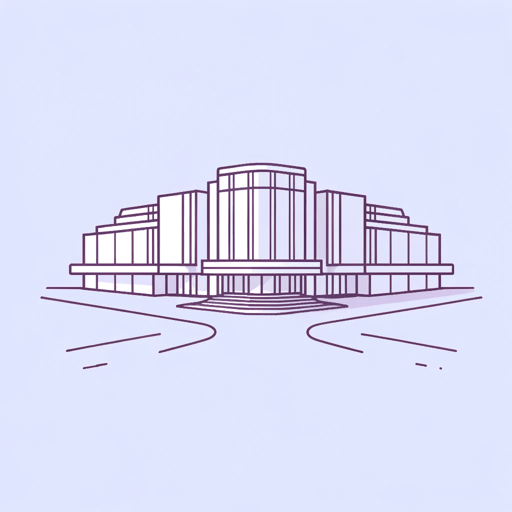58 pages • 1 hour read
Nana Kwame Adjei-BrenyahChain Gang All Stars
Fiction | Novel | Adult | Published in 2023A modern alternative to SparkNotes and CliffsNotes, SuperSummary offers high-quality Study Guides with detailed chapter summaries and analysis of major themes, characters, and more.
Background
Cultural Context: The US Prison Industrial Complex
The term “prison industrial complex” refers to a series of interconnected legal and criminal justice systems, including private and federal prisons, courts, and law enforcement offices in the United States. These institutions work together to incarcerate individuals, claiming that isolating them will fix social, political, and economic problems.
However, critics of the system argue that its primary motivation is not justice, but profit. Abolitionist activists, such as Angela Y. Davis, have pointed out that since corporations that own private prisons profit from increased imprisonment rates, they have a clear motive for not lowering the overall crime rate or focusing on rehabilitation. Davis argues that incarcerating more people actually makes social problems worse, damaging the families and communities incarcerated people can no longer contribute to. In his Acknowledgements section, Adjei-Brenyah lists Davis and other theorists of the prison industrial complex, including Ruth Wilson Gilmore and Mariame Kaba.
In the US, prisons are the last legal site of enslavement: The 13thth Amendment abolished slavery except when it’s used as a punishment for people who’ve been incarcerated for crimes. Today, private prisons force incarcerated people to work for miniscule wages or no wages at all while pocketing profits. Privatizing prisons—which often become the main economic driver of the communities in which they are built—thus incentivize law enforcement and judicial behavior that maintains high incarceration rates, such as excessive policing and longer sentences.
Featured Collections
A Black Lives Matter Reading List
View Collection
Books on Justice & Injustice
View Collection
Books on U.S. History
View Collection
Business & Economics
View Collection
Challenging Authority
View Collection
Community
View Collection
Contemporary Books on Social Justice
View Collection
Horror, Thrillers, & Suspense
View Collection
LGBTQ Literature
View Collection
Mortality & Death
View Collection
National Book Awards Winners & Finalists
View Collection
Popular Book Club Picks
View Collection
Power
View Collection
Satire
View Collection
Science Fiction & Dystopian Fiction
View Collection
Sexual Harassment & Violence
View Collection
Teams & Gangs
View Collection
The Best of "Best Book" Lists
View Collection
The Future
View Collection
The Power & Perils of Fame
View Collection


